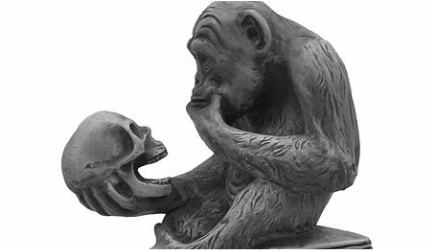As someone not quite left-brained enough to have become a real scientist, I nevertheless retained a special respect for the discipline. The aesthetic aspects of dissection, slide gazing, and equation-manipulation fascinated me. (“Aesthetics” comes from the Greek word meaning “understanding.”) Then there was the imaginative component. Whatever one thought of a particular theory (of, say, origins), I couldn’t help but be impressed with the intellectual desire to connect the dots, of the mind to attempt an integrated whole. Poetry became another way of doing this. However, in the end, as the last stanza seeks to stress, I have learned that science and the arts must always have the human (and particular humans) in view. |
"Encountering Ernst Haeckel’s
|
Eugene Lemcio, Emeritus Professor of New Testament at Seattle Pacific University, taught there for thirty-six years. He earned an M.Div. from Asbury Theological Seminary and a doctorate from Cambridge University (Trinity College). Gene began his academic career at Houghton College with a B.S. in zoology (and a minor in chemistry).
Eugene came to faith among a tiny congregation of pre-WW1 and post-WW2 Ukrainian Baptist immigrants in Chester, PA. Later immersion in the intellectual and spiritual traditions of Anglo-Methodism acquainted him with the so-called "Wesleyan Quadrilateral": Scripture, reason, tradition and experience (=experiment). |


